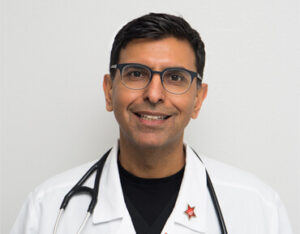 The Tampa cardiovascular physicians and employees at Tampa Cardiovascular Associates are committed to providing our patients with the best available programs for the prevention, diagnosis, and treatment of artery and vein diseases.
The Tampa cardiovascular physicians and employees at Tampa Cardiovascular Associates are committed to providing our patients with the best available programs for the prevention, diagnosis, and treatment of artery and vein diseases.
Our physicians maintain Board Certifications and are Affiliate Associate Professors in the USF College of Medicine, Department of Cardiology Our office labs are certified by ICAEL, ICANL, and ICAVL. Our advanced in-office testing includes a Phillips iE33 which allows us to perform 3D echocardiograms along with strain and speckle tracking. We also perform stress echocardiograms, nuclear stress testing (using a GVI nuclear stress machine which allows the patient the comfort of sitting up during testing), exercise stress testing, micro T wave Alternans, electrocardiograms, Holter monitoring, event monitoring, tilt table testing, 24 hour blood pressure monitoring, and pacemaker/ICD checks.
Dr. Sawar joined Tampa Cardiovascular Associates in 2009 and is currently a managing partner of the practice.
Following a residency in Cardiology at the University of South Florida, Dr. Sawar completed a Fellowship in Interventional Cardiology at Yale University. He holds 3 Board Certifications in Interventional Cardiology, Cardiovascular Diseases, and in Internal Medicine, and is a Fellow of the American College of Cardiology (FACC). Dr. Sawar is also a Clinical Assistant Professor at the University Of South Florida School Of Medicine. He has a keen interest in structured heart disease and is a senior member of TAVR team which also performs MitraClip procedures. Dr. Sawar also performs Peripheral intervention, Vein intervention, Watchman procedure, Pacemaker Implant, Defibrillator Implant and performs complex angioplasty procedures of the heart.
Visit www.TampaCardio.com to learn more or schedule your appointment.


 What we choose to feed our bodies is important. It is the fuel we run on. It is the building block for new cells to be created. It is what gives us energy, and vitality, and enables us to keep going year after year.
What we choose to feed our bodies is important. It is the fuel we run on. It is the building block for new cells to be created. It is what gives us energy, and vitality, and enables us to keep going year after year.
 The Pressure is on!
The Pressure is on!


 The professional Cardiologists at Tampa Cardiovascular Associates of Tampa Bay, Florida are here for you.
The professional Cardiologists at Tampa Cardiovascular Associates of Tampa Bay, Florida are here for you.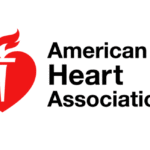
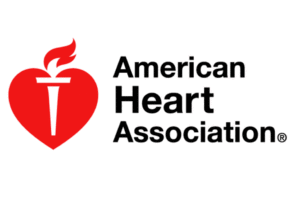 Lifestyle has a huge effect on your health and wellbeing.
Lifestyle has a huge effect on your health and wellbeing.
 Never ignore varicose veins for two reasons:
Never ignore varicose veins for two reasons: 
 Unwanted side effects are the downside of blood pressure medication.
Unwanted side effects are the downside of blood pressure medication.
 Studies reveal that optimistic, happy, glass half full people are more likely to have good heart health as well.
Studies reveal that optimistic, happy, glass half full people are more likely to have good heart health as well.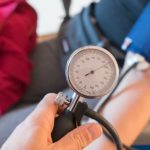
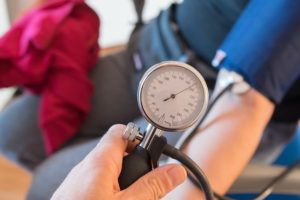 Essential hypertension is the blanket term used when no root cause is found for high blood pressure. As many as 95% of all high blood pressure falls into this category.
Essential hypertension is the blanket term used when no root cause is found for high blood pressure. As many as 95% of all high blood pressure falls into this category.